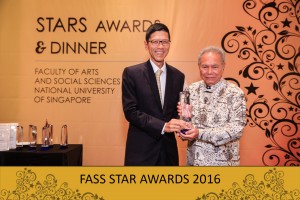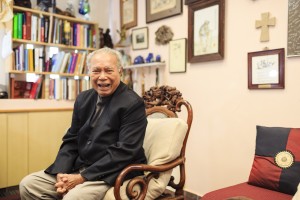The Department has received an invitation to its students to participate in the International New York Times (INYT) Writing Competition. Winners of the competition will have the opportunity to be published in INYT’s Asia-Pacific Edition and be read by over 200,000 people.
This year’s topic is “Global Youth” and all entries will be judged by INYT’s awarding-winning newsroom. All participants will also get a certificate of participation. Details of the competition are below.
CATEGORY: University
SUBMISSION
–Original
–Individual, or maximum 3 teammates in a group (from the same school)
ARTICLE
–Use a wide range of vocabulary
–Structure should be fluent and consistent
–Should be creative and captivating
–Follow the layout and feel of a typical INYT article.
FORMAT
Font: Times New Roman, Size 10
Page size: A4
Margins: 1 inch on all sides
Columns: space between columns should be 0.5 inches
Length: 1 page only, single-spaced (approximately 900 words)
Document: submit your work as a WORD file, PDF files will not be accepted
File Name: Document should be saved in the following format Surname_First Name_INYT2016
PHOTOGRAPH
No more than 1 photo may be included in the same page. Due to space restrictions, photographs accompanying the winning article will not be published
JUDGING CRITERIAS
–Content (50%): Main ideas and supporting ideas
–Form (30%): Grammar, organization and craftsmanship
–Impression (20%): Prognosis and personal reaction
PRIZE (CHAMPION)
–Article will be published in the Asia Pacific edition of the INYT
–One-year subscription to the INYT Digital
–US$50 gift voucher per group
–INYT trophy
PRIZE (RUNNER-UP)
–Six-month subscription to the INYT
–US$25 gift voucher per group
–INYT trophy
SUBMISSION DEADLINE
29 July 2016, 00:00 HKT
SUBMISSION WEBSITE
https://canvas.instructure.com/enroll/7GWRYR (must create a new account)
Full details, including a sample entry, are here: 2016 INYT Writing Competition.

